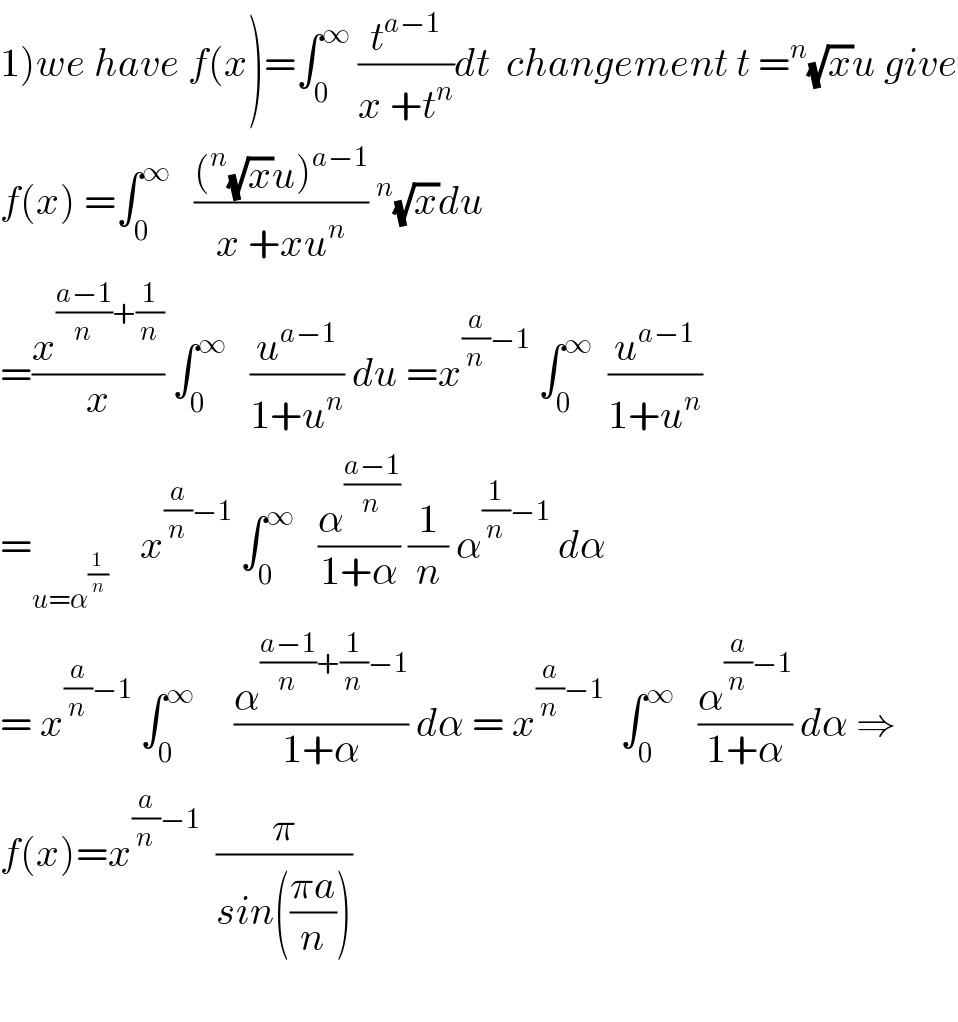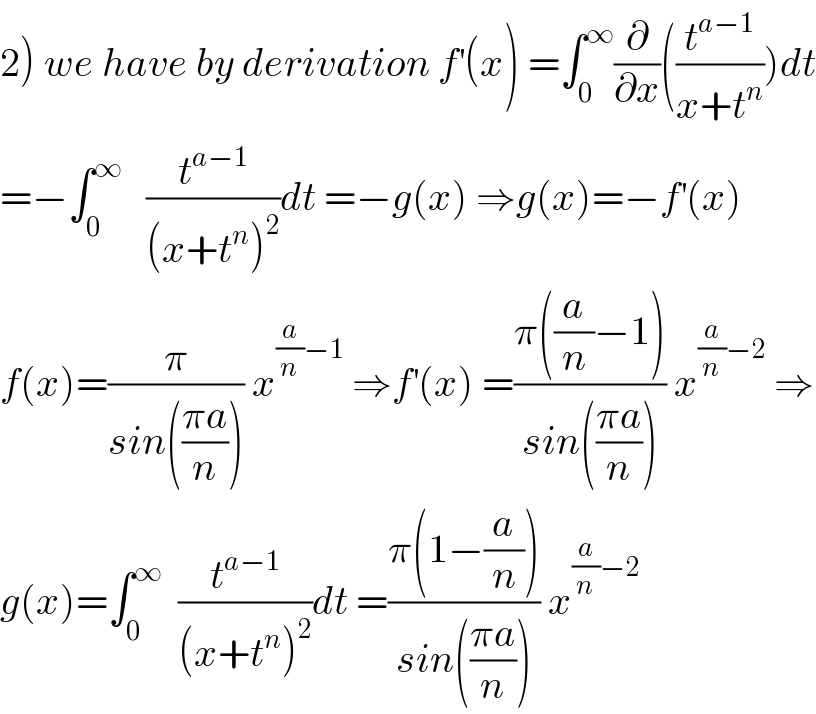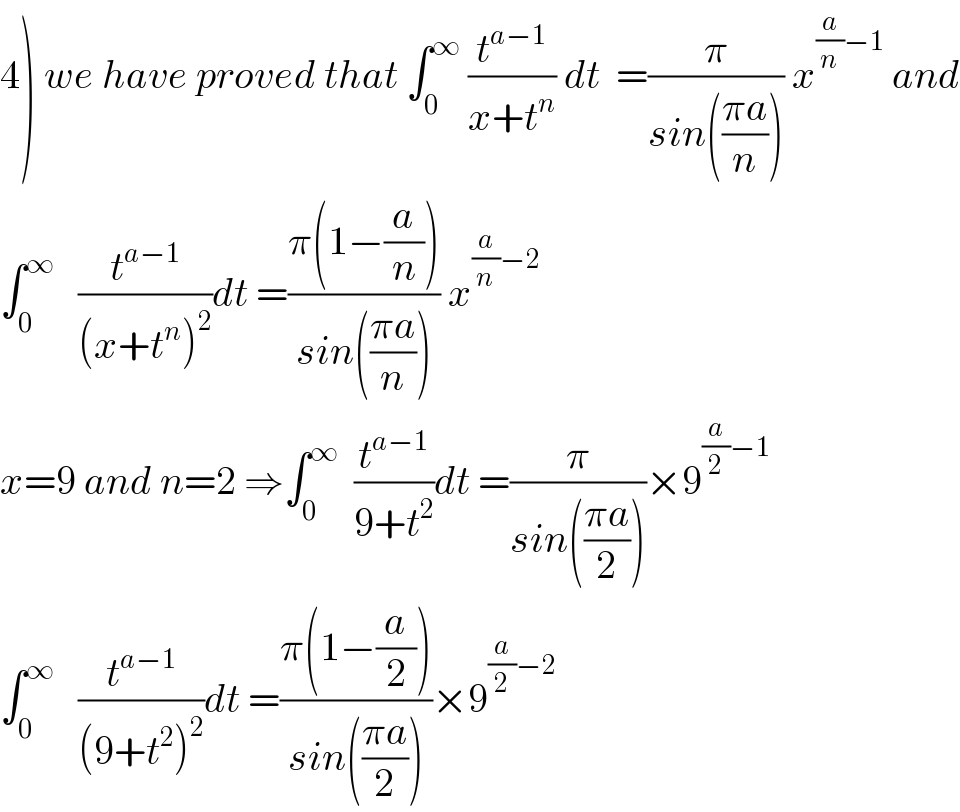
Question and Answers Forum
Question Number 63664 by mathmax by abdo last updated on 07/Jul/19

Commented bymathmax by abdo last updated on 09/Jul/19

Commented bymathmax by abdo last updated on 09/Jul/19

Commented bymathmax by abdo last updated on 09/Jul/19

Commented bymathmax by abdo last updated on 09/Jul/19

Commented bymathmax by abdo last updated on 09/Jul/19

Commented bymathmax by abdo last updated on 09/Jul/19

